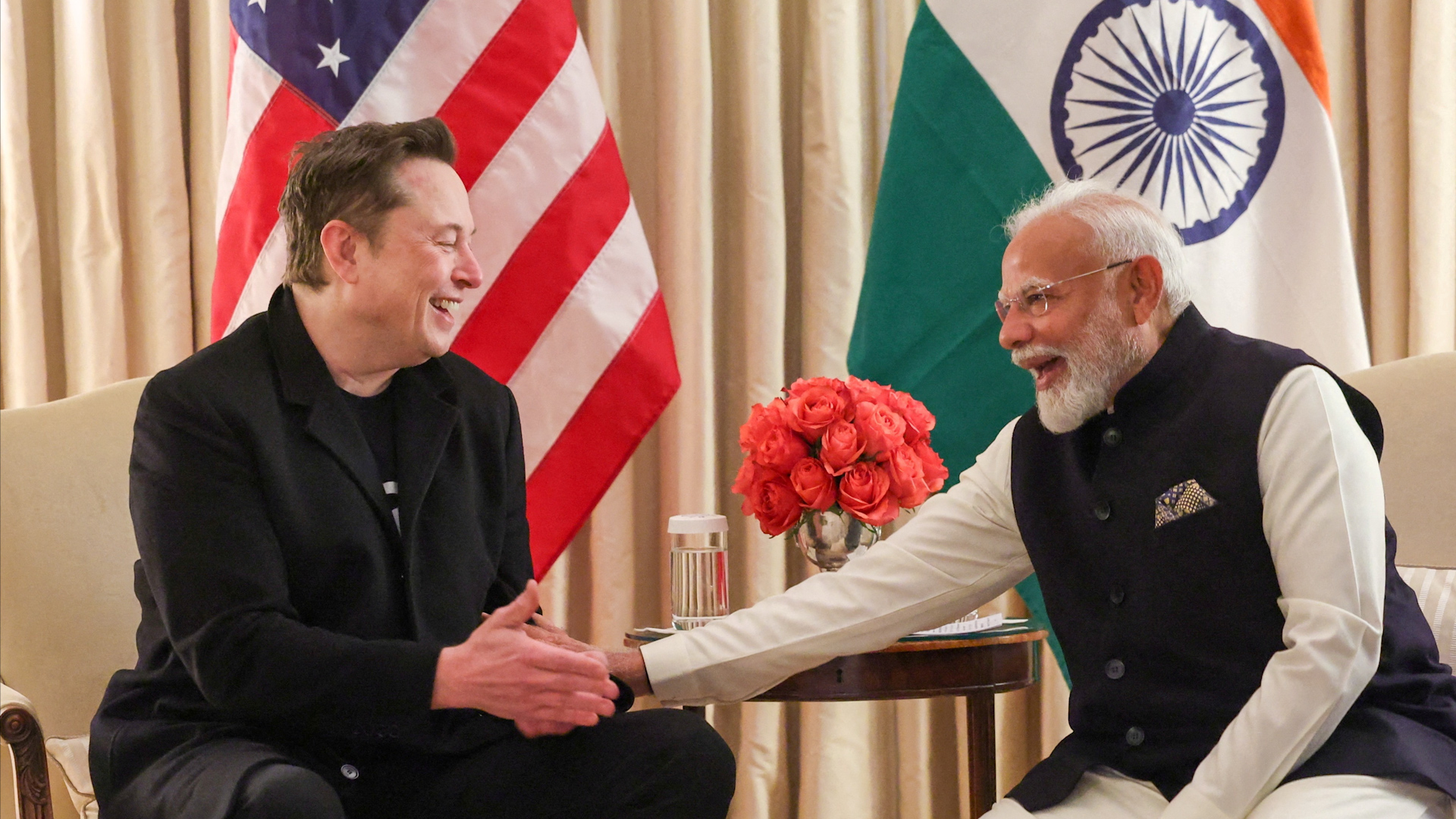The Indian government and Elon Musk’s X Corp, formerly known as Twitter, have been at odds over the legitimacy of the contentious Sahyog Portal and Section 79(3)(b) of the Information Technology (IT) Act. The legal dispute is on whether these clauses permit illegal censorship, undermining the precarious equilibrium between internet freedom and governmental regulation. Both sides have made compelling arguments in the Karnataka High Court case, which is scheduled to resume on April 4.

Credits: Straight Arrow News
The Core Issue: Safe Harbour vs. Government Control
At the heart of the dispute lies Section 79(3)(b) of the IT Act, which allows the government to strip online platforms of their ‘safe harbour’ protections if they fail to block content flagged by authorities. ‘Safe harbour’ protects intermediaries like X Corp from being held liable for third-party content on their platforms. X Corp argues that the government is misinterpreting this provision to enforce arbitrary takedown orders that do not follow the structured procedures of Section 69A—India’s legally recognized framework for content blocking.
Senior advocate KG Raghavan, representing X Corp, emphasized that Section 69A of the IT Act outlines a clear, Supreme Court-backed process for content takedown requests. However, the government is allegedly bypassing these safeguards by invoking Section 79(3)(b) instead.
The Sahyog Portal: A Parallel System for Content Censorship?
One of X Corp’s biggest concerns is the introduction of the Sahyog Portal, an online platform managed by the Ministry of Home Affairs (MHA). The system allows various government agencies and state police departments to submit content takedown requests directly, bypassing the due process established under Section 69A.
X Corp claims this creates a parallel system for censorship, enabling thousands of officials to issue takedown orders without proper oversight or transparency. By decentralizing the process, the government has made it easier to control online narratives, raising concerns about potential misuse and suppression of dissenting voices.
The Government’s Stand: Ensuring Compliance or Stifling Speech?
Defending its actions, the Indian government has maintained that its takedown orders are well within legal limits. Solicitor General Tushar Mehta and senior counsel MN Kumar, representing the Centre, asserted that X Corp must comply with government directives or risk losing its safe harbour protections.
In a court hearing on March 27, Justice M. Nagaprasanna directed the government to file its objections to X Corp’s lawsuit. The Centre’s legal team dismissed concerns raised by X Corp, with Mehta stating, “Nothing can be done. The maximum that can be done is that they lose safe harbour.”
For X Corp, losing safe harbour means being held legally accountable for every piece of content posted on its platform in India—an unsustainable position for any global tech company. The government’s stance suggests that compliance is non-negotiable, and non-adherence could have severe consequences for X Corp’s operations in the country.
Broader Implications: Free Speech vs. Regulatory Authority
This issue is significant for India’s digital ecosystem and goes beyond a simple business disagreement. The result might establish a standard for the extent of governmental control over internet platforms. The court may uphold Section 69A as the exclusive framework for regulating content if it rules in favor of X Corp. But if the government’s stance is maintained, it would open the door for more stringent enforcement measures, which might have an effect on India’s digital rights and free speech.
The lawsuit also calls into doubt India’s Big Tech regulatory strategy. Critics worry that such restrictions could be used as a tool to stifle dissent and undermine online liberties, despite the government’s argument that stricter controls are required to combat misinformation and national security risks.
Credits: The Hindu
What’s Next?
All eyes are on the Karnataka High Court as the next hearing is set for April 4. The government may be forced to reconsider its approach to content control if X Corp is successful in its appeal. However, social media companies may need to reconsider their content filtering guidelines in India if the court finds in the government’s favor.
Whatever the verdict, this case demonstrates the continuous conflict between governments and tech behemoths over free speech, digital rights, and content regulation. The ongoing conflict between X Corp and the Indian government may have far-reaching effects on the whole global tech industry.






